The Irish Farmers Journal sat down with Bord Bia CEO Jim O’Toole to get the story behind 2024’s record €17bn of food and drinks exports, and to discuss the challenges and opportunites the industry faces over the coming years.
“The €17bn figure is a new benchmark which is a great achievement for the 115,000 farms and the 1,000 plus businesses that are involved in agri-food exports. The performance in 2024 was a robust one, particularly given that it was a challenging year, coming on the back of a number of very turbulent years,” O’Toole said.
He did caution that the years of turbulence are not over yet, saying that “there is a fair degree of uncertainty that we are facing into. Consumer confidence remains fragile, geopolitics remain at a difficult stage with a number of conflicts around the world and there is a new regime coming in the United States.
"So, while we’re pleased with the 5% growth in the value of exports seen in 2024, we’re very conscious that the path ahead will require the resilience and the agility that the industry has shown time and time again.”
Competition
Digging into the specifics of the Performance and Prospects report, it is clear that Irish exports are starting to face fresh competitive pressures in some key markets.
For example, the UK market which remains the single largest customer for Irish agri-food exports, accounting for more than a third of 2024 total global sales, is starting to see the effects of post-Brexit trade deals with Australia and New Zealand. Last year saw New Zealand cheese capture 3% of the UK market, exporting 8,000t of the dairy product to the country.
O’Toole said that “while we would have exported more cheese to the UK in the past, markets in the EU and US proved more attractive recently.
"As is true across the board (for Irish agri-food exports), having those options to be able to navigate competitive pressure in different markets is very important.”
The report does back up what O’Toole says, with cheese exports to the United States having what is described as “a particularly strong year”.
The same factors are at play when it comes to sheepmeat exports to the UK, with the significant price differential between prices in the southern hemisphere and those in Europe making those markets particularly attractive to Australian and New Zealand exporters.
While O’Toole does not think those exporters are having a significant effect on the market, he did concede that the option of a new supplier could be a factor when European buyers are discussing prices with Irish exporters.
Beef prices
When it comes to price, one of the clearest places there is a price differential is between what Irish farmers and UK farmers get paid for beef. O’Toole pushed back on the argument that Irish farmers are losing out.
“I fully understand that farmers will look at the differential and say ‘this is what we could achieve’ but we are in a very strong position where we are 75% of import supply and the only other country that is in the premium space.
"However, the very top tier of premium beef in the UK is British beef, and it must be remembered that not all retailers are offering Irish and British beef.
“The position that we are in, I think, insulates us from some of the potential competition from the southern hemisphere.
"The relationships we have, the investment we have put into our standards, the fact that British retailers who do stock Irish beef are happy to position it to their customers in the way they do, all put us in that strong position. However, we will not achieve that top tier premium because the beef is not British.”
The point was also made that the widening of that differential recently has been driven by the shortage of British beef. “The price of British beef has gone up, but so has the price of Irish beef.”
Origin Green
On standards, O’Toole said that “we started Origin Green twelve and half years ago and it would have been even better if we’d started it 25 years ago. Its importance is increasing all the time. The investment that happens at farm and processor level is something that is a strategic long-term investment.
“Even if we leave the regulatory demands out of it, the demand from our customers is increasing all the time to provide the evidence that food is being produced sustainably, and through Origin Green we have that evidence.”
He emphasised that Origin Green is something that is going to be part of the picture for the foreseeable future. “The structure of Origin Green is constantly being reviewed. We’re in the process of revising our sustainability assurance programmes at farm level.
"We engage in a consultative manner with all our stakeholders, but as an input into that we benchmark what is required for markets around the world.
“The programmes we have are driven by the marketplace, but are put in the context of Irish farming and food.”
On the timing of the completion of the review, O’Toole said that the draft standard for beef and dairy has been agreed and has gone to pilot projects. He said “I am hopeful that we’ll start to introduce the new standard this year.”
He added that the details of the new standard would not be released until that process is completed.
Industry outlook
On the challenges facing the industry, O’Toole highlighted the results of the Bord Bia survey, which show that once again labour shortages remain a significant threat to competitiveness, and that those shortages are pushing wage costs higher in Ireland.
Manufacturing labour costs in Ireland have risen faster than in the rest of the EU for the past three years in a row, putting Irish businesses at a cost disadvantage.
He said, however, that the sector has continued to invest in technological solutions to increase the productivity per unit of labour and the current pressures will only serve to further drive those investments.
The other factor for returns is the fact that Irish agricultural farmgate output is no longer growing. O’Toole said that “in every sector what every business is trying to do, and what we are trying to support them to do, is to extract greater value from the marketplace.
“While the companies we deal with are not blind to the challenges facing them, they do see growth in the UK and EU. They do see opportunities in retail and food service. Fundamentally the majority of exporters are optimistic”.
Comment
Looking at developments in the global political and trade landscapes over the past year and factoring in the incoming Trump administration, it is easy to think that O’Toole’s comment about a “a fair degree of uncertainty” over the future is a significant understatement.
However, it is often too easy to look at the challenges and feel beaten before we even start. If you had said in 2019 that the world was facing a global pandemic and war in Europe, you’d probably think Irish agri-food exports would have been irreparably damaged.
Yet, while there certainly were challenges, here we are only a couple of years later with record high export volumes.
Business leaders in the sector are optimistic, and while we should always be cognisant of the risks, for as long as this country continues to produce the highest quality food and drink, we will always have customers – particularly in a world where the population continues to grow.




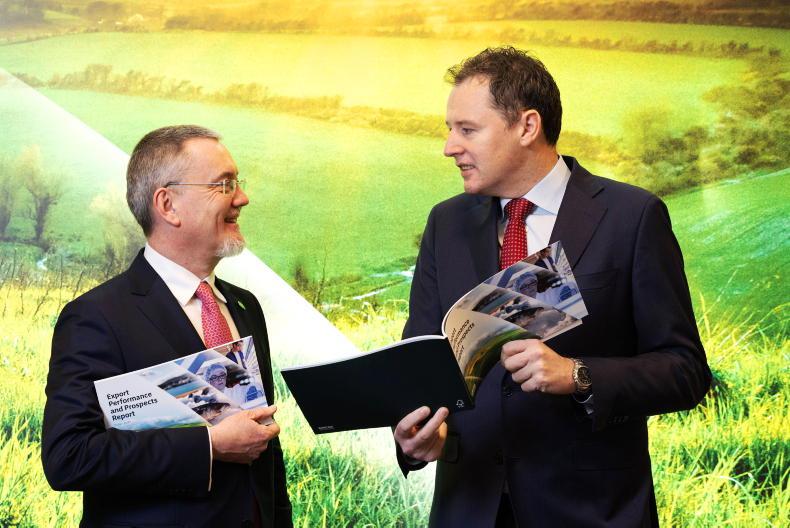
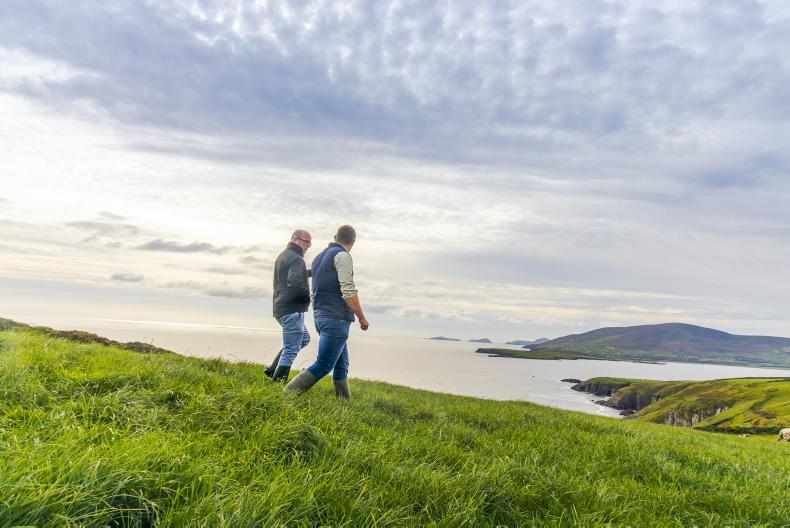
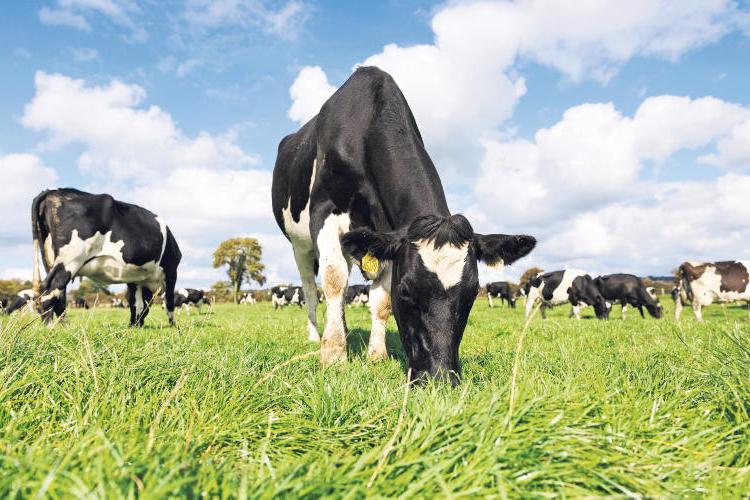
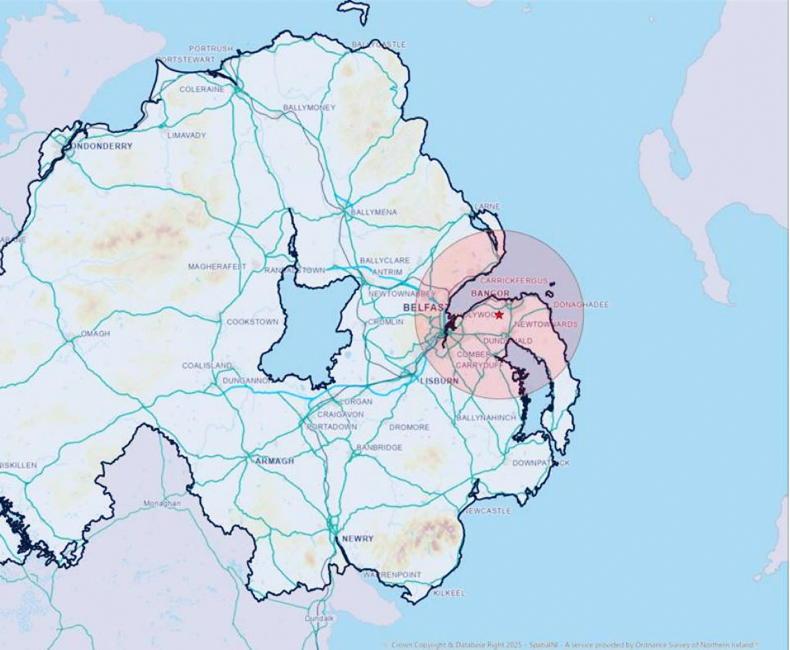
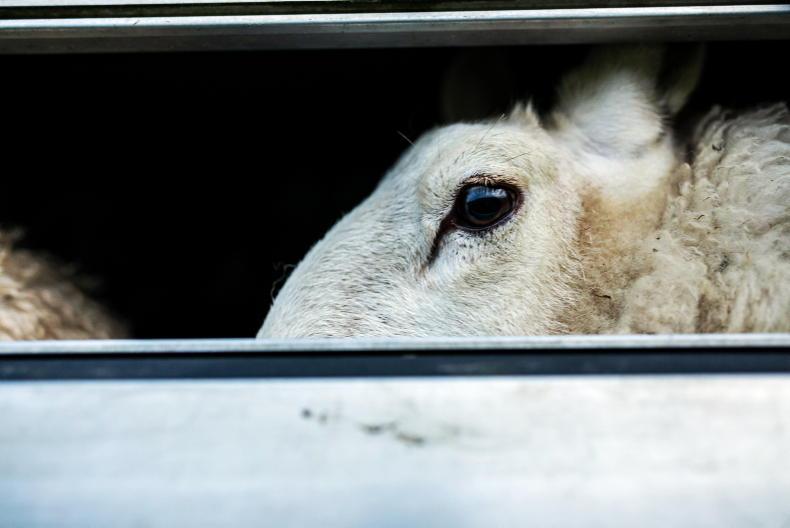
SHARING OPTIONS